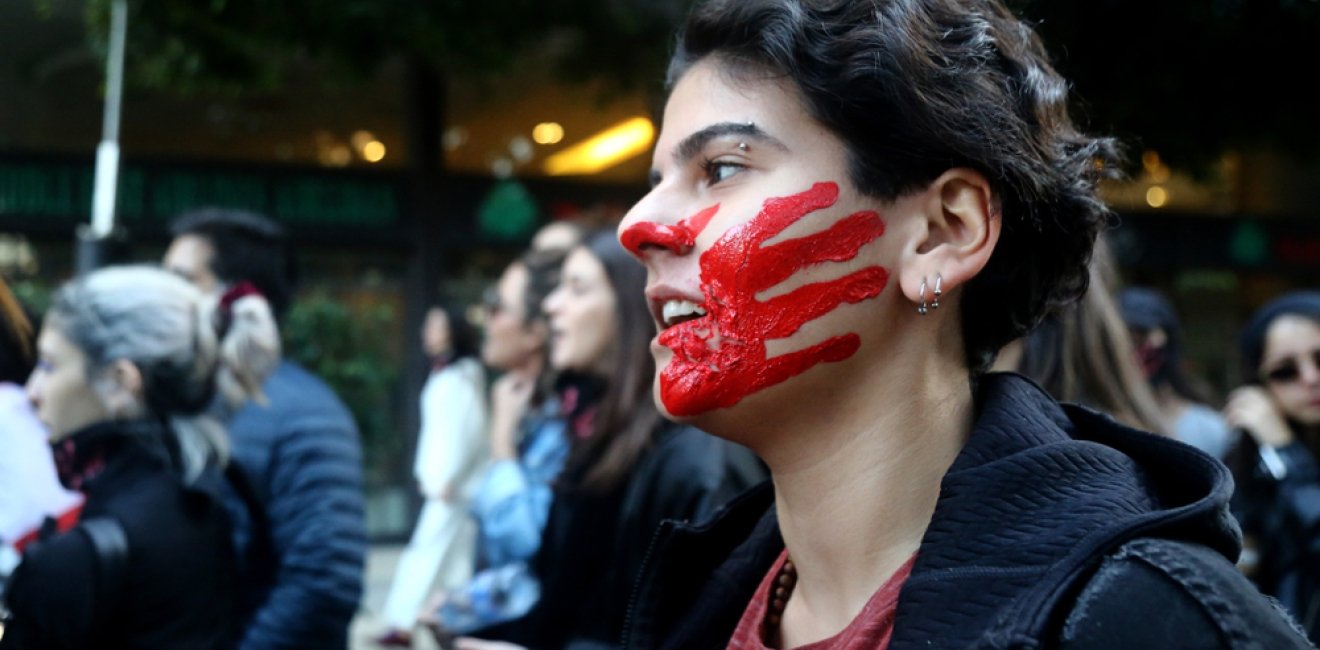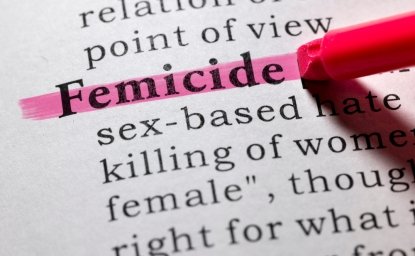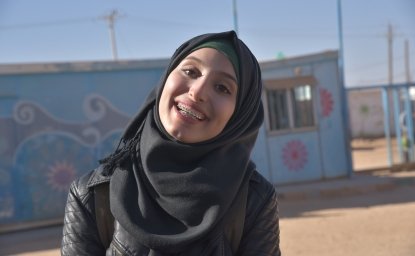The fight against femicide is a long and arduous journey. In Lebanon in particular, it is a challenge to come up against societal ideologies and try to change them.
Lebanon, a nation known for its beauty, resilience, and rich cultural heritage, is grappling with a dark reality: the alarming rise of femicide. In recent years, our country has witnessed an economic crisis, the COVID-19 pandemic, war, and now more prominently, a disturbing trend of women being brutally murdered, often by those closest to them. This crisis has ignited a firestorm of public outrage and demands for urgent action.
The tragic reality
Around the world, a woman is killed by an intimate partner or family member every 10 minutes, according to UN Women and the UN Office on Drugs and Crime. In Lebanon, femicide is a complex issue, rooted in a deeply entrenched patriarchal culture that often prioritizes male honor over women's lives. Coupled with discriminatory laws and a weak judicial system, this creates a climate of impunity for perpetrators. The tragic consequences of this systemic failure are evident in the increasing number of women who lose their lives to gender-based violence.
A particularly disturbing aspect of femicide in Lebanon is the prevalence of honor killings. These heinous crimes, often perpetrated by male family members, are rooted in the belief that women who are perceived to have dishonored their family must be killed to restore the family's reputation. Honor killings are a stark reminder of the deep-seated misogyny and violence that continue to plague our society. They are quite common, as seen in recent years, and are usually associated with the question: “what did the woman do to anger her husband?” This is evident from social media posts and sometimes, comes from other women too.
Femicide and domestic violence cases have become more prevalent as the country grapples with many different crises. As per usual, women come out at the bottom of the priority list. Humanitarian aid organizations that help women do not have the access to reach them, and many women also do not speak out, fearing reprisal and social stigma. Having worked with domestic violence survivors, I saw that many felt they did not have the education or tools to escape their perpetrators. They believed that they must accept their situation to protect their children, or are not able to work and make money on their own.
According to Ghida Anani, Founder and Director of local Lebanese NGO ABAAD, the rise in gender-based violence and femicide is because women are not able to take the initial steps to seek help due to the multi-layered and complex crises in Lebanon. More specifically, they are not looking for help and support because of a lack of trust in the justice and security system. They believe that if they report their abusers, they will not be taken seriously and fear the loss of custody of their children and possible retaliation.
Hence, feminist organizations like ABAAD are seeing more women killed as they do not report in the early stages of violence. In fact, the number of complaints of domestic violence cases reported to the hotline at the General Directorate of Internal Security Forces this year (until October 2024 and excluding March 2024) was 615. Yet according to Anani, the number of femicide cases cannot be accurately enumerated due to the lack of documentation (in circumstances where there are no court cases or reporting to the Internal Security Forces), except for numbers reaching the media. The weak implementation of reforms to keep women and girls safe undermines the work of these agencies.
Each femicide leaves an indelible mark on our society. The victims, often young and full of promise, are robbed of their futures. Their families and loved ones are left to mourn their loss and grapple with the immense pain of their untimely deaths. Beyond the immediate tragedy, femicide has far-reaching consequences for our nation. It erodes social cohesion, fosters a climate of fear, and perpetuates a cycle of violence. Unless this reality changes, the future for women in Lebanon is bleak.
Working to eliminate GBV
As former Minister of State for Economic Empowerment and Youth, I had a particular focus on women, peace, and security. If there’s one important thing that I learned through this work, it is that it is crucial to address the root causes of gender-based violence, especially in times of conflict and political instability. The fight against femicide is a long and arduous journey. In Lebanon in particular, it is a challenge to come up against societal ideologies and try to change them. The patriarchal mindset in many towns and villages across Lebanon dictates that the honor of a family is above the safety and well-being of its members.
Nevertheless, despite the gloomy situation, there are success stories being reported. Through ABAAD’s services, Nour (name changed for confidentiality) took bold steps towards independence after many years of violent abuse from her husband. She rented her own home and found a job, becoming self-reliant and productive—a testament to her strength and perseverance. This gives much hope to many other women in similar situations across the country.
To address this urgent crisis, we must adopt a comprehensive approach that involves multiple stakeholders. This approach should focus on strengthening legal frameworks, investing in prevention and support services, addressing root causes, and engaging in advocacy and activism. Funding all this work is difficult, but many aid organizations are running campaigns online and on social media to garner more attention and funding to help the most vulnerable women and children.
Through my charity “Indeed Better Together,” I continue my work for the women and children of Lebanon through education and entrepreneurship, giving courage to vulnerable women who would otherwise go unnoticed amid Lebanon’s many crises. We are a lifeline for the many women in remote villages who do not have access to the basics and our aim is to empower them to be independent and educated to succeed on their own.
Despite the challenges, there is hope. By working together, we can create a society where every woman and girl can live free from fear and violence. Let us unite in solidarity and demand justice for the victims of femicide. Together, we can build a brighter future, where every life is valued and protected, for Lebanon. The time for silence is over. It's time to speak out, take action, and demand change. Let us honor the memory of those we have lost by fighting for a future free from violence.
Violette Khairallah is the former Minister of State for Economic Empowerment of Women and Youth in Lebanon.
The views represented in this piece are those of the author and do not express the official position of the Wilson Center.










